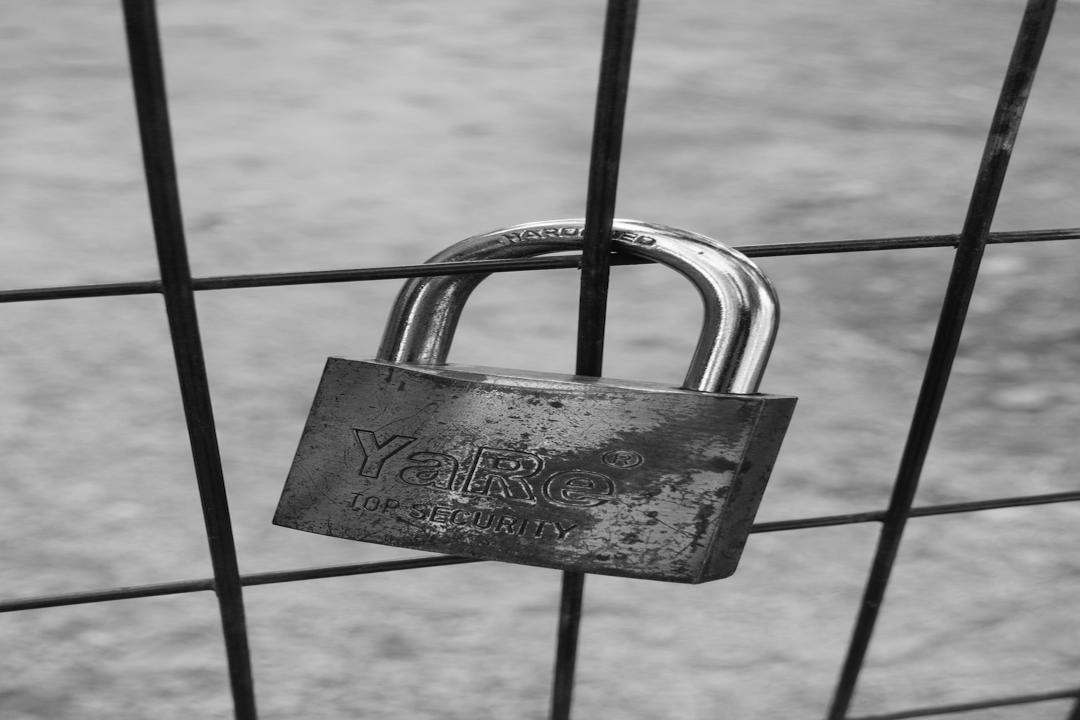Ripple President Monica Long recently revealed that the company itself does not have any instant liquidity (ODL) partners.
The disclosure comes in Ripple’s latest filing opposing a request for relief and final judgment from the U.S. Securities and Exchange Commission (SEC). The Ripple president was one of a handful of executives who testified in support of the company’s plea against an estimated $2 billion fine from the SEC.
Due to Monica Long’s eleven-year involvement at Ripple and her current oversight of the company’s Compliance and Risk Management Committee, her testimony carries significant weight.
In particular, Long’s current position as president makes her familiar with Ripple’s XRP distribution. This includes current and past sales contracts regarding XRP and the context of those transactions.
Thus, the Ripple president testified about several developments related to the ongoing litigation, including Ripple’s XRP distribution through ODL partners.
Ripple’s XRP distribution via Singapore subsidiary
Long revealed that when the SEC filed its lawsuit against Ripple, the company’s Singapore subsidiary had already obtained authorization to sell XRP to ODL customers. It operates under a licensing exemption under Singapore regulations.
Following the SEC’s lawsuit, Ripple’s Singapore subsidiary became the primary entity responsible for contracting XRP sales to new ODL customers. Long stressed that these contracts are conducted under Ripple’s licensing exemption until October 2023.
By then, Ripple’s Singapore subsidiary had already received the all-important Payment Institution License from the Monetary Authority of Singapore. This authorization enables it to carry out digital payment token services. The license therefore governs the sale of XRP to ODL customers.
Ripple itself has no ODL partners
Furthermore, the Ripple executive stressed that contracts for the sale of XRP from Ripple’s Singapore subsidiary to ODL customers clearly specify that they are subject to Singaporean law.
Furthermore, she noted that the contracts contained non-assignment clauses. This means that the rights and obligations outlined in the agreement cannot be transferred to other parties.
Thus, after a full investigation, Monica Long testified that all ODL customers utilizing XRP in ODL products by any subsidiary of Ripple were outside of the United States, with the exception of three licensed exceptions. Furthermore, these ODL clients are considered sophisticated counterparties.
As such, Long stressed that as a U.S.-based entity, Ripple itself does not have any ODL customers, but rather its subsidiaries handle those sales.
Testimony from Ripple President Monica Long
Furthermore, she stressed that neither Ripple nor any of its subsidiaries were involved in the sale of XRP from the time the SEC filed its lawsuit in December 2020 until the U.S. court’s decision in July 2023.
Disclaimer: This content is for informational purposes only and should not be considered financial advice. The opinions expressed in this article may contain the personal opinions of the author and do not reflect the views of The Crypto Basic. Readers are encouraged to perform thorough research before making any investment decisions. The Crypto Basic is not responsible for any financial losses.

